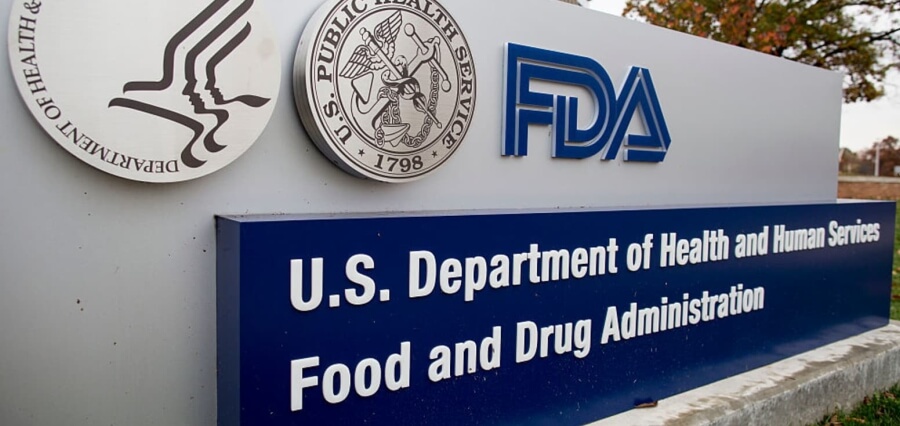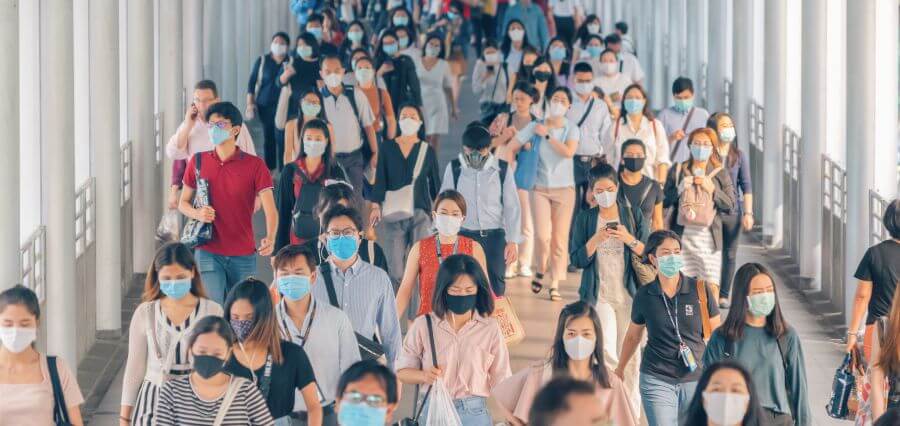The Food and Drug Administration (FDA) in the United States has granted approval for updated COVID-19 vaccines from Pfizer and Moderna, targeting the omicron variant XBB.1.5. These vaccines are authorized for individuals aged 12 and older, with emergency use authorization for children aged 6 months to 11 years.
This decision represents a shift in strategy, treating COVID-19 vaccinations similarly to yearly flu shots. However, there is another important step in the process: the Centers for Disease Control and Prevention (CDC) must also provide approval. A CDC advisory panel is scheduled to issue recommendations regarding who should receive the updated shots, with vaccinations expected to commence later in the week. Furthermore, individuals can receive both COVID-19 and flu shots during the same visit.
While the number of COVID-19 hospitalizations has been on the rise since late summer, immunity from previous vaccinations and infections has helped mitigate the severity of the situation compared to the previous year. Nonetheless, immunity wanes over time, and the virus continues to produce new variants. It has been a year since the vaccines were last updated, and only a limited percentage of adults received that earlier update.
The FDA emphasizes that vaccination remains a critical tool for public health and ongoing protection against severe COVID-19 outcomes, such as hospitalization and death. The updated vaccines have been cleared for use in both adults and children as young as six months. For those aged five and older, a single dose is recommended, even if they have not previously received a COVID-19 shot. Younger children may require additional doses based on their COVID-19 vaccination and infection history.
The FDA does not categorize this latest round of vaccinations as boosters but rather as updates to better align with the currently circulating virus. These updated vaccines are designed to offer good cross-protection against the predominant COVID-19 strains. While they are expected to be most effective in preventing severe outcomes, they may also provide some protection against mild infections.
The CDC will play a significant role in determining which groups are strongly recommended to receive these updated shots. For most Americans, the shots are expected to be free through private insurance or Medicare, and efforts are underway to provide free shots to the uninsured or underinsured through health departments, clinics, and select pharmacies.
Read More: https://eurohealthleaders.com/








